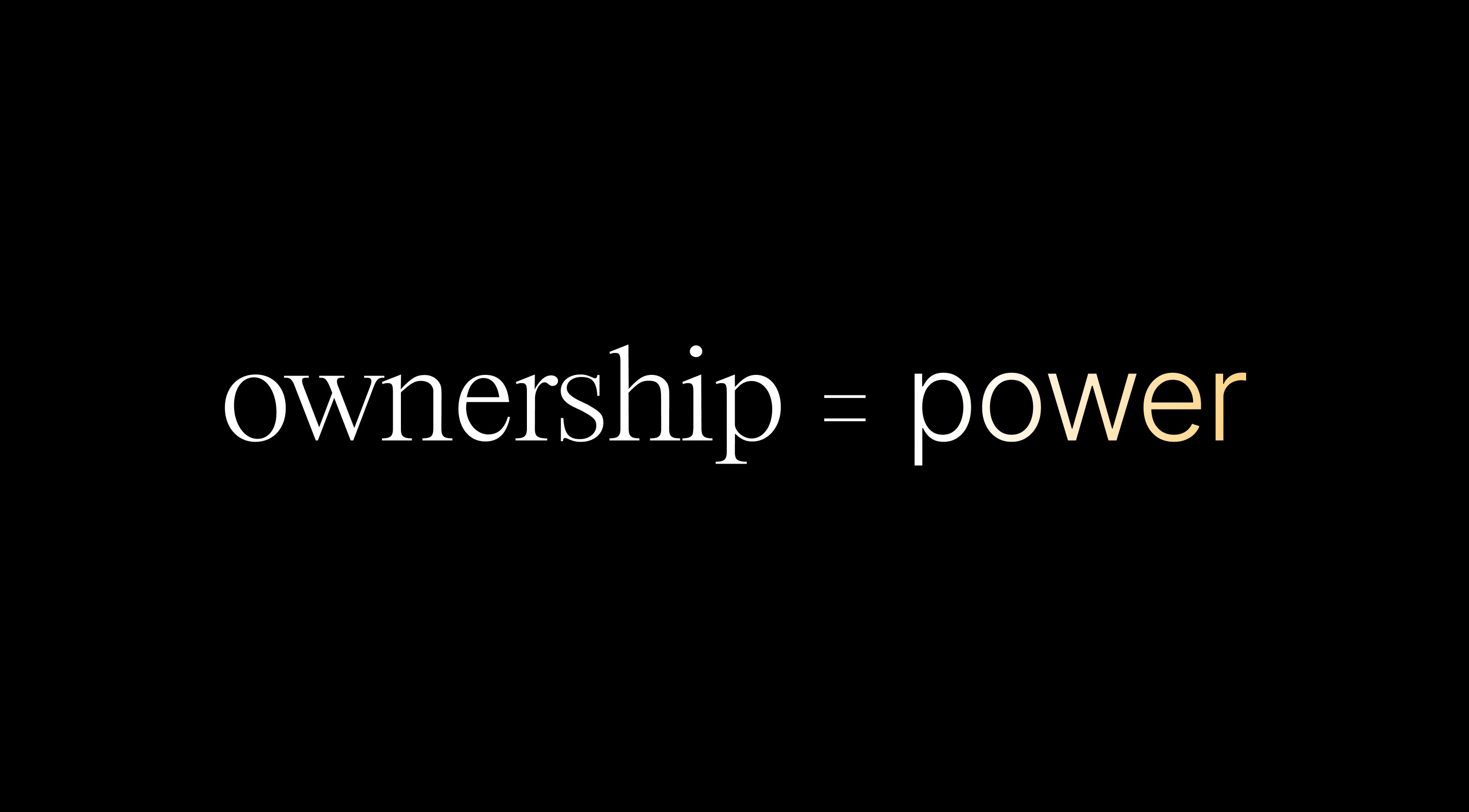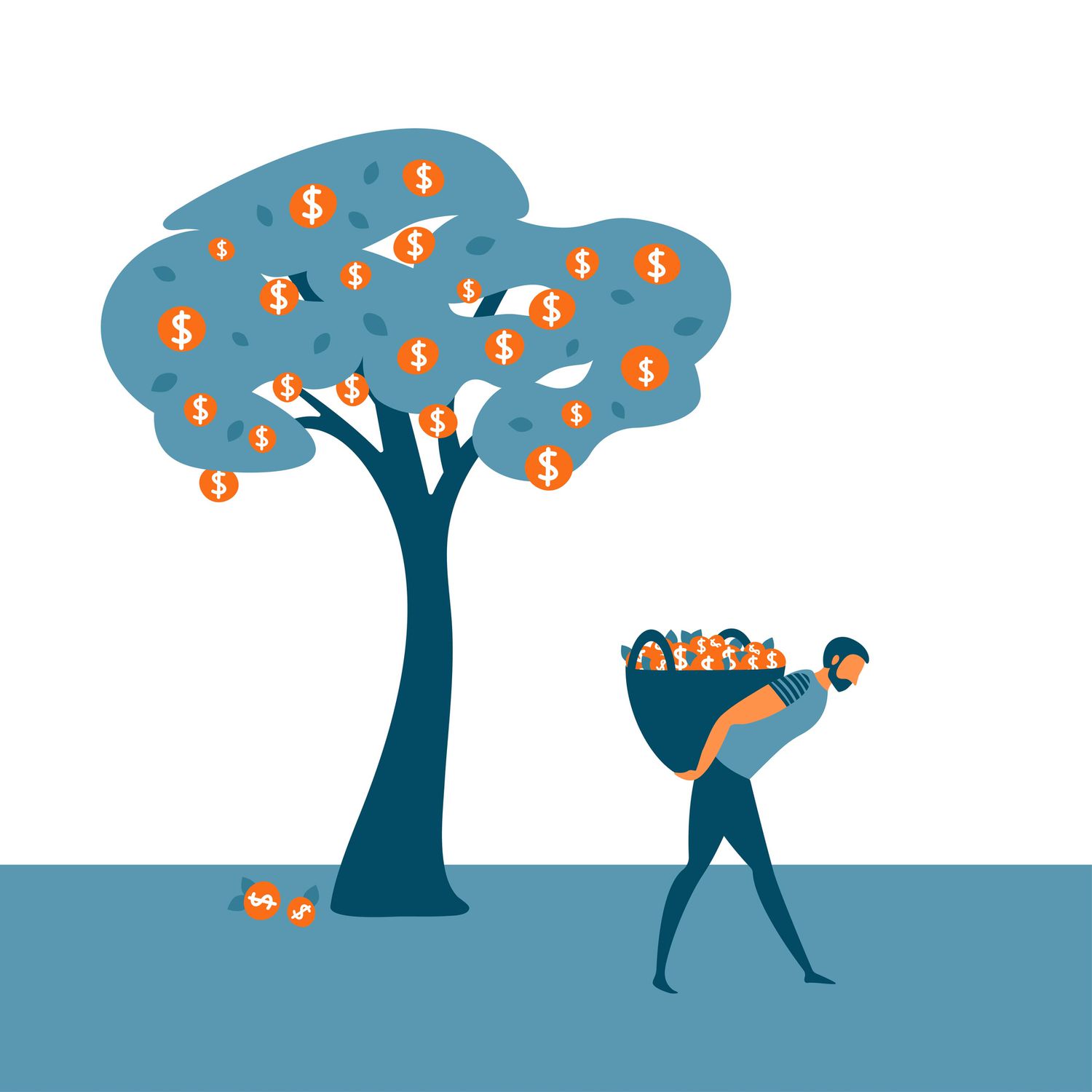Allodial Ownership: Understanding The Foundation Of Property Rights
Allodial ownership represents one of the most fundamental concepts in property law, granting individuals complete and absolute control over their land without any obligation to a higher authority. This type of ownership is rare in modern legal systems but remains a crucial topic for those interested in property rights and land governance. In this article, we will explore the concept of allodial ownership, its historical roots, and its relevance in today's legal landscape.
Allodial ownership is not just a legal term; it is a cornerstone of property rights that reflects the relationship between individuals and the land they own. Unlike other forms of property ownership, such as fee simple or leasehold, allodial ownership eliminates any form of feudal obligation or dependency on a sovereign or government. This makes it an intriguing concept worth exploring in depth.
This article aims to provide a comprehensive understanding of allodial ownership, its advantages, limitations, and practical applications. Whether you are a legal professional, a property owner, or simply curious about property rights, this guide will offer valuable insights into the subject. Let’s dive in!
Read also:Nanny Mcphee The Magical Nanny Who Changes Lives
Table of Contents
- Introduction to Allodial Ownership
- Historical Context of Allodial Ownership
- Legal Aspects of Allodial Ownership
- Differences Between Allodial Ownership and Other Forms of Ownership
- Benefits of Allodial Ownership
- Limitations of Allodial Ownership
- Practical Applications of Allodial Ownership
- Challenges Faced by Allodial Ownership
- Allodial Ownership in Modern Legal Systems
- The Future of Allodial Ownership
Introduction to Allodial Ownership
Allodial ownership is a legal concept that grants individuals absolute ownership of land without any obligations to a higher authority. In simpler terms, it means owning land outright, free from any encumbrances, liens, or feudal obligations. This form of ownership is rooted in ancient traditions where land was owned by individuals without interference from monarchs or governments.
Definition and Scope
The term "allodial" originates from the Old High German word "allōd," meaning "entire property." Unlike other forms of property ownership, such as fee simple or leasehold, allodial ownership provides the owner with complete autonomy over their land. This includes the right to use, sell, or transfer the property without any restrictions imposed by external entities.
Key Characteristics
- No obligation to pay property taxes or rent to a sovereign or government.
- Complete control over the land, including its use and development.
- Freedom from feudal or governmental interference.
- Permanent ownership, which can be passed down through inheritance.
Historical Context of Allodial Ownership
The concept of allodial ownership dates back to ancient times when land was often owned by individuals or families without any feudal obligations. During the Middle Ages, however, the feudal system gradually replaced allodial ownership in many parts of Europe. Under the feudal system, landowners were required to pay homage and taxes to a higher authority, such as a king or lord.
Read also:Sunflower Web Series A Captivating Journey Into Love Life And Family
Origins of Allodial Ownership
Historically, allodial ownership was prevalent in regions where centralized authority was weak or nonexistent. For example, in some parts of Scandinavia and Eastern Europe, individuals were able to own land outright without any obligations to a sovereign. This form of ownership persisted in certain areas until the rise of feudalism.
Decline of Allodial Ownership
As feudal systems became more widespread, allodial ownership began to decline. Monarchs and lords sought to consolidate power by imposing obligations on landowners, such as paying taxes or providing military service. Over time, allodial ownership became increasingly rare, with most legal systems adopting variations of fee simple ownership instead.
Legal Aspects of Allodial Ownership
From a legal perspective, allodial ownership is a unique form of property ownership that grants individuals complete autonomy over their land. In jurisdictions where allodial ownership is recognized, property owners enjoy unparalleled rights and freedoms compared to other forms of ownership.
Legal Framework
Countries that recognize allodial ownership typically have legal frameworks in place to protect the rights of property owners. For example, in Liechtenstein, individuals can own land allodially, meaning they have full control over their property without any obligations to the state. Similarly, in some parts of the United States, particularly in rural areas, allodial ownership is still practiced, although it is not as common as fee simple ownership.
Property Rights Under Allodial Ownership
- Unlimited use of the land for personal or commercial purposes.
- No requirement to pay property taxes or rent to the government.
- Freedom to transfer ownership through sale, gift, or inheritance.
- Protection from eminent domain unless the state provides just compensation.
Differences Between Allodial Ownership and Other Forms of Ownership
To fully understand allodial ownership, it is important to compare it with other forms of property ownership, such as fee simple and leasehold. Each form of ownership has its own set of rights, obligations, and limitations, which can significantly impact property owners.
Fee Simple Ownership
Fee simple ownership is the most common form of property ownership in modern legal systems. While it grants owners significant rights, it still requires them to pay property taxes and comply with zoning laws. Unlike allodial ownership, fee simple owners are subject to government regulations and obligations.
Leasehold Ownership
Leasehold ownership involves renting land from a landlord or government entity for a specified period. This form of ownership is common in urban areas where land is scarce and expensive. Leasehold owners have limited rights and must adhere to the terms of their lease agreement, making it vastly different from allodial ownership.
Benefits of Allodial Ownership
Allodial ownership offers numerous benefits to property owners, including greater autonomy, financial savings, and long-term stability. These advantages make it an attractive option for those seeking complete control over their land.
Autonomy and Control
One of the primary benefits of allodial ownership is the autonomy it provides to property owners. With no obligations to a higher authority, owners can use their land as they see fit, whether for personal enjoyment or commercial purposes. This level of control is unmatched by other forms of ownership.
Financial Savings
Another significant advantage of allodial ownership is the potential for financial savings. Since allodial owners are not required to pay property taxes or rent, they can save substantial amounts of money over time. This makes it an appealing option for those looking to reduce their financial burdens.
Limitations of Allodial Ownership
Despite its many advantages, allodial ownership also has certain limitations that property owners should be aware of. These limitations can impact the feasibility of allodial ownership in certain jurisdictions.
Geographical Restrictions
Allodial ownership is not recognized in all countries or regions. In many parts of the world, fee simple ownership is the dominant form of property ownership, making it difficult for individuals to acquire allodial titles. This can limit the availability of allodial ownership to specific areas.
Challenges in Modern Legal Systems
In modern legal systems, allodial ownership often faces challenges related to zoning laws, environmental regulations, and eminent domain. While allodial owners have significant rights, they are still subject to certain legal constraints that can impact their ability to use their land freely.
Practical Applications of Allodial Ownership
Allodial ownership has practical applications in various fields, including agriculture, real estate, and environmental conservation. Its unique characteristics make it a valuable tool for individuals and organizations seeking to maximize their property rights.
Agriculture
In the agricultural sector, allodial ownership allows farmers to use their land without interference from government regulations or obligations. This can lead to increased productivity and profitability for agricultural businesses.
Real Estate
In the real estate industry, allodial ownership offers investors the opportunity to acquire land with complete autonomy. This can be particularly appealing in regions where property taxes and regulations are burdensome.
Challenges Faced by Allodial Ownership
While allodial ownership has many benefits, it also faces several challenges in today's legal and economic environment. These challenges can impact its viability as a form of property ownership.
Legal Challenges
One of the main challenges facing allodial ownership is the lack of legal recognition in many jurisdictions. In countries where fee simple ownership dominates, allodial ownership may be difficult or impossible to obtain. This can limit its appeal to potential property owners.
Economic Challenges
Economic factors, such as rising land prices and government regulations, can also pose challenges for allodial ownership. In urban areas, where land is scarce and expensive, allodial ownership may not be a feasible option for most individuals.
Allodial Ownership in Modern Legal Systems
In modern legal systems, allodial ownership is rare but not entirely obsolete. Certain countries and regions still recognize allodial titles, offering property owners unique opportunities to acquire land with complete autonomy.
Examples of Allodial Ownership
- Liechtenstein: Allodial ownership is recognized and protected by law.
- United States: Some rural areas allow allodial ownership, particularly in states with large tracts of undeveloped land.
- Switzerland: Certain cantons permit allodial ownership, although it is not as common as fee simple ownership.
The Future of Allodial Ownership
The future of allodial ownership depends on various factors, including legal reforms, economic trends, and societal changes. While it may remain a niche form of property ownership, its unique characteristics make it an important topic for discussion in the field of property law.
Potential Developments
As governments around the world seek to balance individual property rights with public interests, allodial ownership may see a resurgence in certain regions. Advances in technology and changes in land use patterns could also impact the viability of allodial ownership in the future.
Kesimpulan
Allodial ownership represents a unique and powerful form of property ownership that grants individuals complete autonomy over their land. While it is rare in modern legal systems, its historical significance and practical applications make it an important concept to explore. By understanding the benefits, limitations, and challenges of allodial ownership, property owners can make informed decisions about their land and its future.
We invite you to share your thoughts and experiences with allodial ownership in the comments section below. Additionally, feel free to explore other articles on our website for more insights into property law and related topics. Thank you for reading!
Ella Purnell Parents: A Comprehensive Guide To Her Family Life And Background
Janel Grant Age: A Comprehensive Look At The Life And Career Of Janel Grant
Taylor McGregor Wikipedia: Comprehensive Biography And Facts


